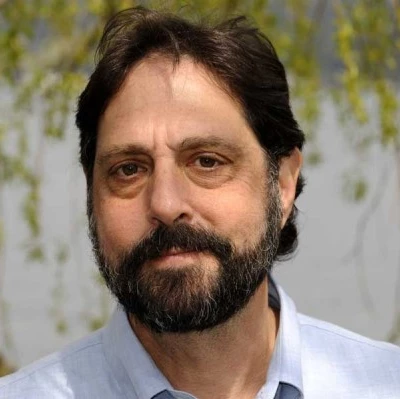Dr. Samuel Wasser is acknowledged worldwide as a pioneer of non-invasive wildlife monitoring methods, including the genetic, endocrine and detection dog techniques used by the Center for Conservation Biology.
After obtaining his Ph.D. from the University of Washington in 1981, Dr. Wasser received consecutive Career Development Awards from the Guggenheim Foundation and the Smithsonian Institution. In 2001, Dr. Wasser was awarded the Endowed Chair in Conservation Biology by the University of Washington Board of Regents.
Dr. Wasser has participated in a number of conservation programs around the world, in collaboration with state, federal, and international organizations, including the World Bank. He was coordinator of the Smithsonian Institution’s Wildlife Conservation and Management Training Program for African Nationals. He also co-edited the book Biogeography and Ecology of the Rain Forests of Eastern Africa, describing one of the most biodiverse “hot-spots” in the world.
His work is internationally respected by scientists, environmental activists, and government and non-government wildlife managers. This places Dr. Wasser in a unique position to negotiate the kinds of conservation solutions needed in our rapidly changing world.
After obtaining his Ph.D. from the University of Washington in 1981, Dr. Wasser received consecutive Career Development Awards from the Guggenheim Foundation and the Smithsonian Institution. In 2001, Dr. Wasser was awarded the Endowed Chair in Conservation Biology by the University of Washington Board of Regents.
Dr. Wasser has participated in a number of conservation programs around the world, in collaboration with state, federal, and international organizations, including the World Bank. He was coordinator of the Smithsonian Institution’s Wildlife Conservation and Management Training Program for African Nationals. He also co-edited the book Biogeography and Ecology of the Rain Forests of Eastern Africa, describing one of the most biodiverse “hot-spots” in the world.
His work is internationally respected by scientists, environmental activists, and government and non-government wildlife managers. This places Dr. Wasser in a unique position to negotiate the kinds of conservation solutions needed in our rapidly changing world.

